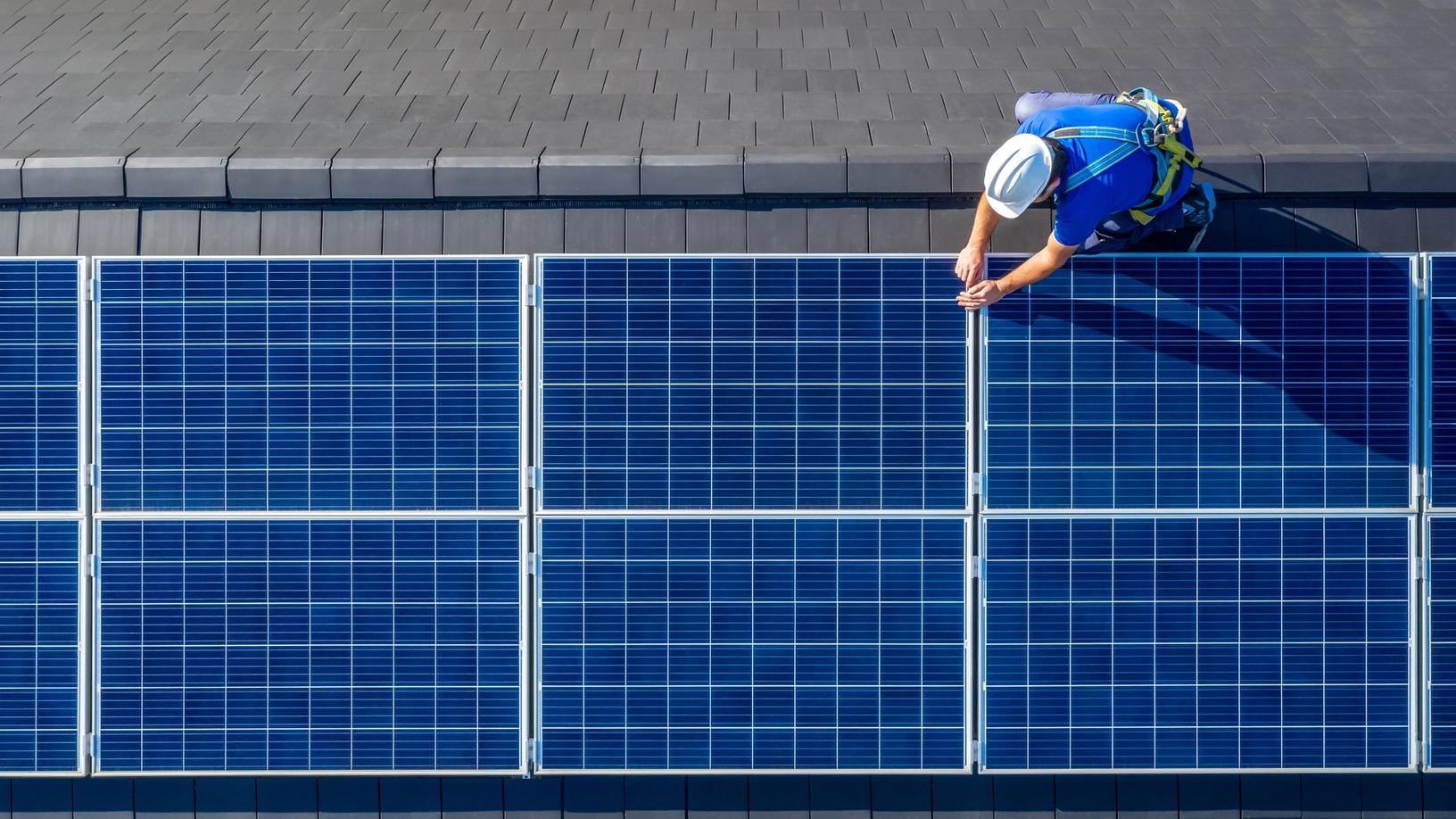
Francesco Starace: What is the Energy Transition and Why Does it Matter?
It is a common phrase in the infrastructure investor community, but what do we really mean when we say “energy transition”?
There are more than a few misconceptions about the “energy transition”. But chief among them is calling this latest energy transition the energy transition.
This isn’t the first transition in the world of energy at all. For nearly a century, the global energy industry has been characterized by waves of continuous change due to technological advances affecting production, supply and end-use.
The way we use energy is always changing and the infrastructure that supplies it is constantly striving to keep pace with innovation.
Nevertheless, the wave we’re facing today, though, is bigger, deeper, and wider than most of the others that preceded it.
There’s a good reason for this. It’s not just about the energy this time. Instead the change we are witnessing today is happening at both ends of the market, for both producers and consumers. On the one hand, producers have made advancements with renewables, while on the other, demand for electricity grows as modern life continues to create new applications and technologies.
Over the last few decades, electricity generation has become extremely competitive. Solar and wind energy have been around for a long time, but they weren’t economically viable until recently. Now, they’re both disrupting the hegemony of fossil fuels. One of the key reasons for this is that in many corners of the world people have gone through a shift which I like to describe as moving “from burning to building”.
For me, one of the most exciting benefits of advanced energy solutions is also one of the most practical benefits for the end user: reduced wastage. When we were using “burning” to power the industrial world, much of the energy we created was also lost as a “bi-product”. Case in point: when we make dinner with a gas stove, we may be wasting around 70% of the energy heating the air around the pots. Most people aren’t aware of that, because we aren’t generally taught about the subject of energy wastage unless it’s during an engineering degree. Increasingly, though, electricity minimizes that problem. There are opportunities to reduce waste without compromising quality of life, and they just so happen to lead to benefits like less noise and pollution. In other words, the energy transition isn’t a sacrifice: it’s an upgrade.

Opinions are changing almost as quickly as technologies. Long-held views – such as the argument that heating buildings through electricity is inefficient – have shifted, as advancements have improved the systems that create and distribute power. Modern heat pumps, for example, have made electricity a popular option for heating and industrial processes. Good thing, too: the transition to renewable energy is crucial for addressing the climate issues caused by burning fossil fuels over the past centuries.
However, for the momentum to continue, the world needs to focus on financing infrastructure projects that support the growth at both the consumer and producer ends of the market. Limiting the global average temperature increase to 1.5C, in line with the Paris Agreement is expected to require $275 trillion in investment over the next 30 years.
The increasingly widespread use of renewable electricity has extended to industrial segments, too. Just look at electric vehicles (EVs): they’re now challenging the dominance of traditional-engine cars. I mean, even Ferrari – whose cars have become status symbols directly because of the roar of their engines – has said that by 2026, 60% of their vehicles will be split between fully electric and hybrid cars. As a proud Italian, I can tell you the fact that the archetypal petrolheads are embracing this latest transition is the clearest sign of how pervasive it will soon become.
ThinQ is the must-bookmark publication for the thinking investor.


